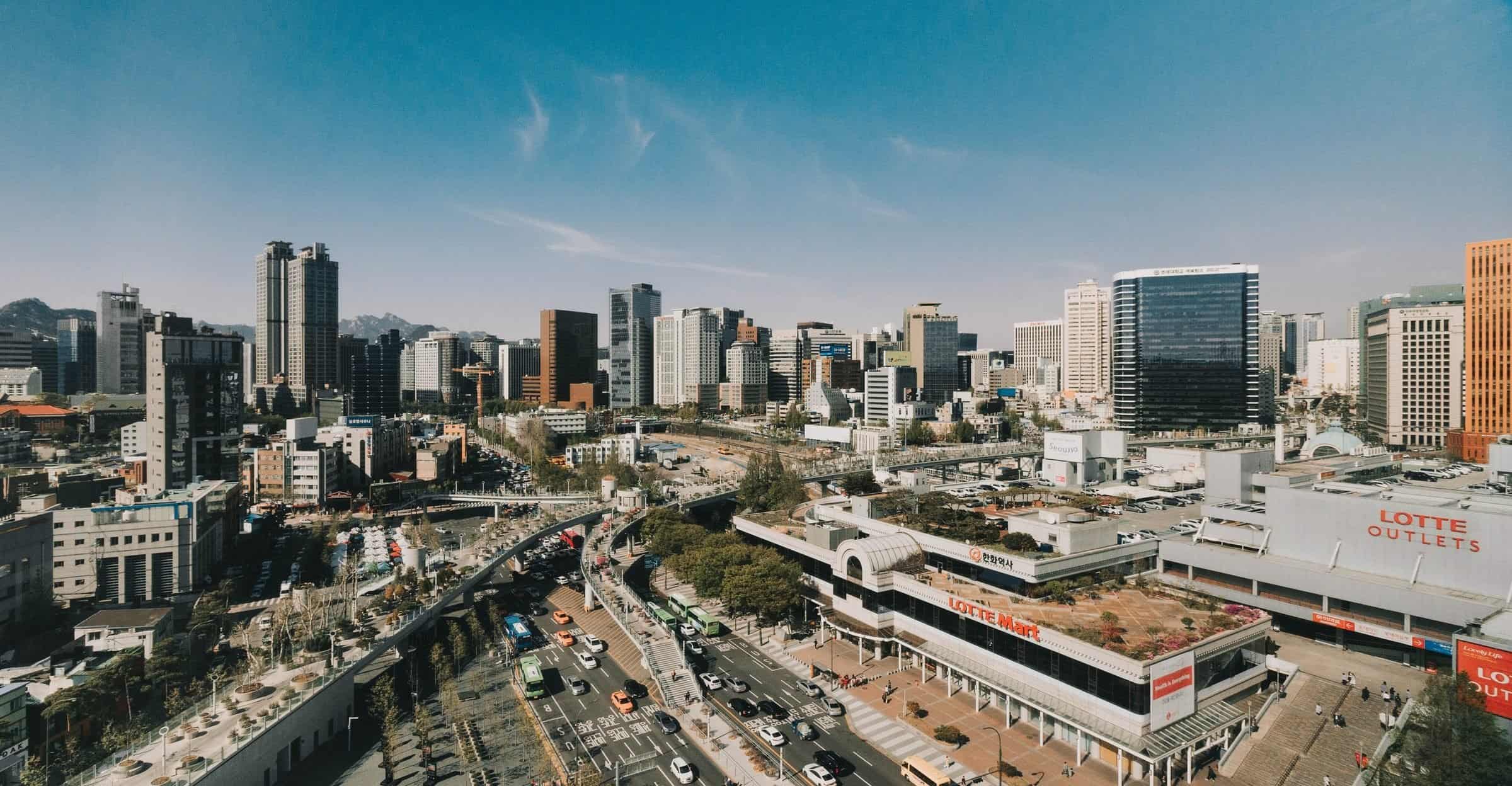South Korea Work Visas Guide 2024 - Complete Guide to Korean Work Visas
Understanding South Korean Work Visas
South Korea offers various work visa categories for foreign professionals, each designed for specific employment purposes and durations. This comprehensive guide covers everything you need to know about obtaining a work visa for South Korea in 2024.
Types of South Korean Work Visas
South Korea offers several work visa categories tailored to different professional needs and qualifications. Each visa type has specific requirements and processing procedures. Here's a detailed breakdown:
1. E-7 (Special Occupation)
For professionals with specialized skills
- Requires job offer in relevant field
- Valid for 1-3 years
- Processing time: 2-4 weeks
- Relevant degree or experience required
- Pathway to permanent residence
Required Documents:
- Job offer letter
- University degree
- Work experience certificates
- Valid passport
- Certificate of Employment
2. E-9 (Non-Professional Work)
For non-professional workers
- For specific industries
- Valid for 1-3 years
- Processing time: 2-3 weeks
- Basic education required
- Quota system applies
Required Documents:
- Job offer letter
- Educational certificates
- Medical examination report
- Valid passport
- Employment contract
3. E-2 (Teaching)
For English teachers
- For teaching positions
- Valid for 1-2 years
- Processing time: 2-4 weeks
- Native English speaker
- Bachelor's degree required
Required Documents:
- Teaching contract
- University degree
- Criminal background check
- Valid passport
- Teaching certificates
4. D-8 (Corporate Investment)
For business investors
- For business owners
- Valid for 1-2 years
- Processing time: 4-6 weeks
- Investment requirements
- Business plan required
Required Documents:
- Business plan
- Investment proof
- Company registration
- Valid passport
- Financial statements
Comprehensive Document Requirements
Essential Documents for All Work Visas
- Valid Passport (6 months validity)
- Passport Photos (Korean specifications)
- Educational Certificates
- Employment Contract
- Medical Examination Report
Document Authentication:
All documents must be properly authenticated:
- Notarized by a public notary
- Legalized by the Korean embassy
- Translated into Korean
- Certified copies of original documents
Step-by-Step Application Process
-
Choose Your Visa Type
Select the appropriate work visa based on your qualifications and job offer.
-
Gather Required Documents
Collect all necessary documents and ensure they are properly authenticated.
-
Complete Application Form
Fill out the visa application form accurately with all required information.
-
Submit Application
Submit your application and supporting documents to the Korean embassy.
-
Pay Application Fee
Pay the required visa fees and processing charges.
-
Wait for Approval
Wait for the immigration office to process your application.
-
Collect Visa
Once approved, collect your visa and complete formalities.
Processing Times and Fees (2024)
| Visa Type | Processing Time | Fee (KRW) | Validity |
|---|---|---|---|
| E-7 (Special Occupation) | 2-4 weeks | 60,000 | 1-3 years |
| E-9 (Non-Professional) | 2-3 weeks | 60,000 | 1-3 years |
| E-2 (Teaching) | 2-4 weeks | 60,000 | 1-2 years |
| D-8 (Investment) | 4-6 weeks | 60,000 | 1-2 years |
Tips for Successful Application
- Start Early: Begin the application process at least 2 months before your planned start date.
- Document Preparation: Ensure all documents are properly translated and authenticated.
- Korean Language: Learn basic Korean for better integration.
- Medical Check: Complete the required medical examination.
- Professional Help: Consider consulting an immigration lawyer for complex cases.
Common Reasons for Visa Rejection
- Insufficient qualifications
- Incomplete or incorrect documentation
- Unclear job description or requirements
- Previous immigration violations
- Insufficient Korean language ability
- Incomplete application forms
- Failure to meet health requirements
Recent Changes and Updates (2024)
- New E-7 requirements
- Updated E-9 quota system
- Changes to E-2 visa rules
- New D-8 investment criteria
- Updated health insurance requirements
